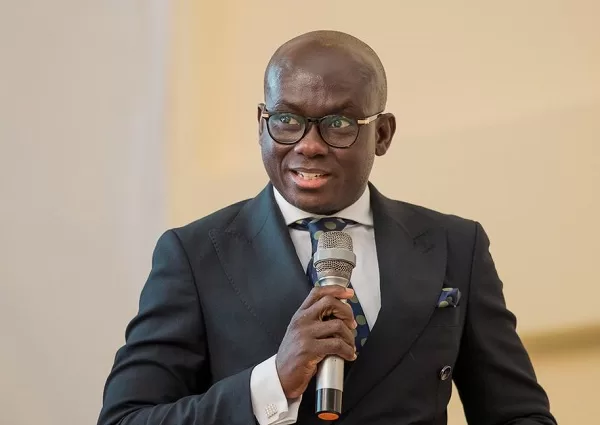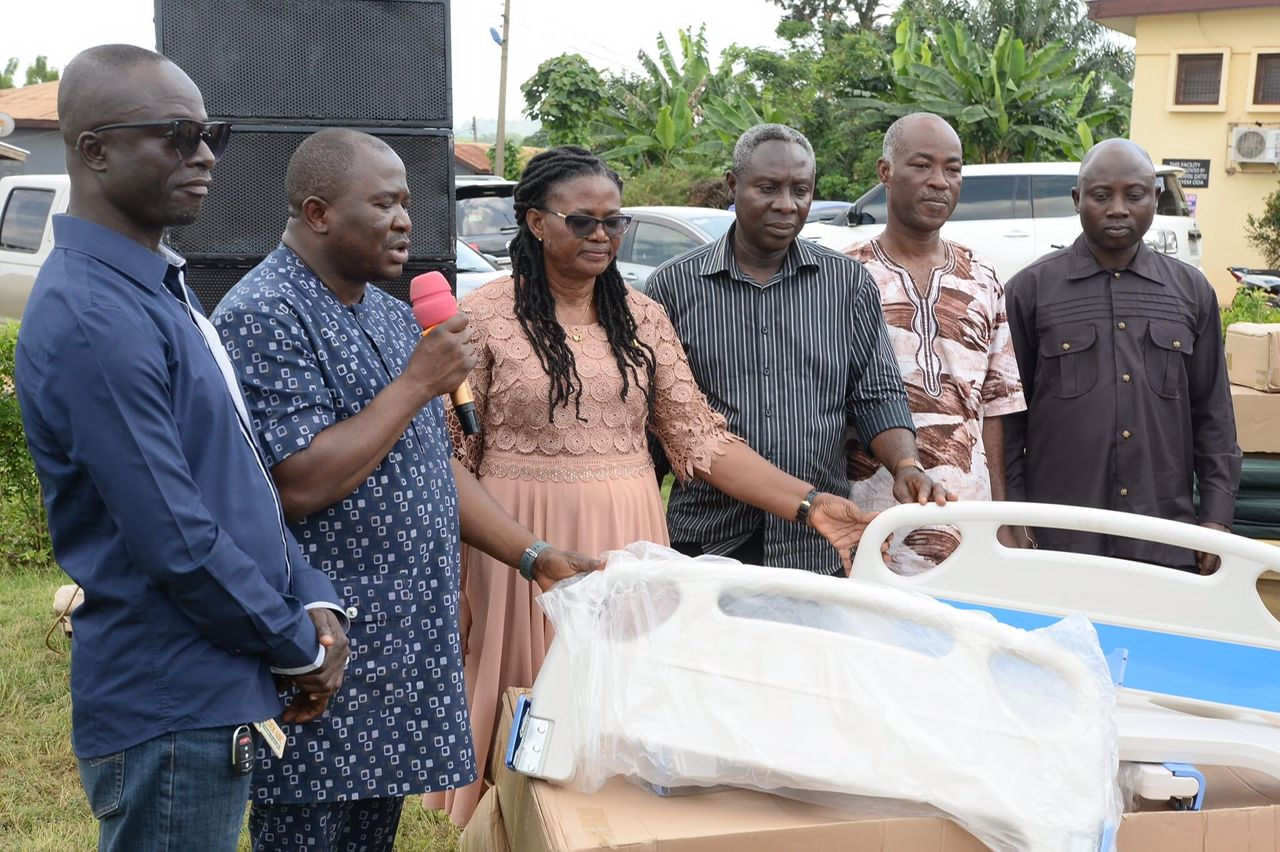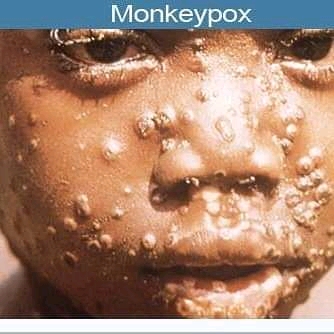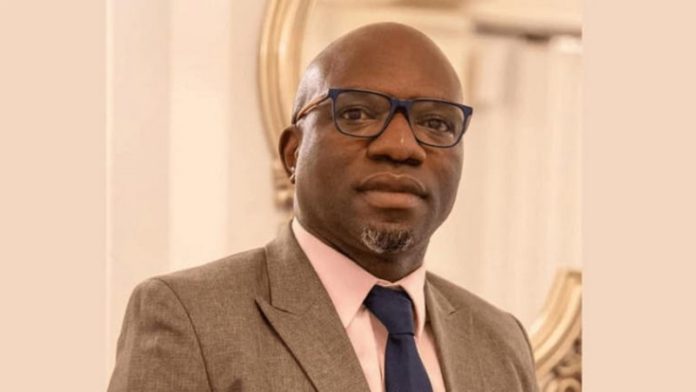Journalists urged to champion malaria elimination campaign for Ghana’s 2030 goal
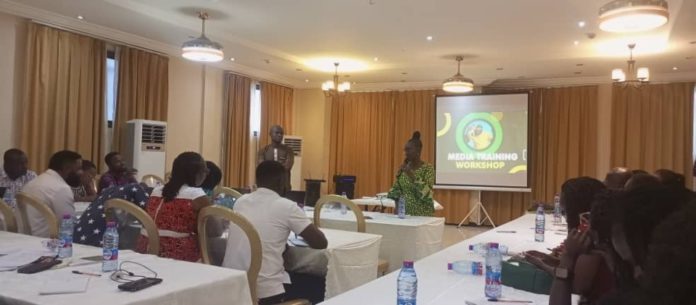
Dr. Franklyn Asiedu-Bekoe of the Public Health Division of the Ghana Health Service (GHS) has emphasised the indispensable role of journalists in the nation’s ambitious campaign to eliminate malaria by 2030.
Addressing attendees at a media training workshop organised by the National Malaria Elimination Programme (NMEP) and the GHS, Dr Asiedu-Bekoe highlighted the necessity of media involvement to achieve this public health milestone.
“Ghana Health Service cannot reach the goal of zero malaria without the media,” Dr. Asiedu-Bekoe stated emphatically. He underscored that the media’s influence and reach are crucial in disseminating information, educating the public, and maintaining momentum in the fight against malaria. “Your role is not just to report but to educate, to advocate, and to ensure every Ghanaian understands the importance of this fight.”
The workshop, held in Accra, brought together journalists from various media houses, equipping them with the necessary knowledge and tools to effectively report on malaria-related issues. The training covered a range of topics, including the current state of malaria in Ghana, ongoing efforts towards its elimination, and strategies for impactful storytelling that can mobilize public support.
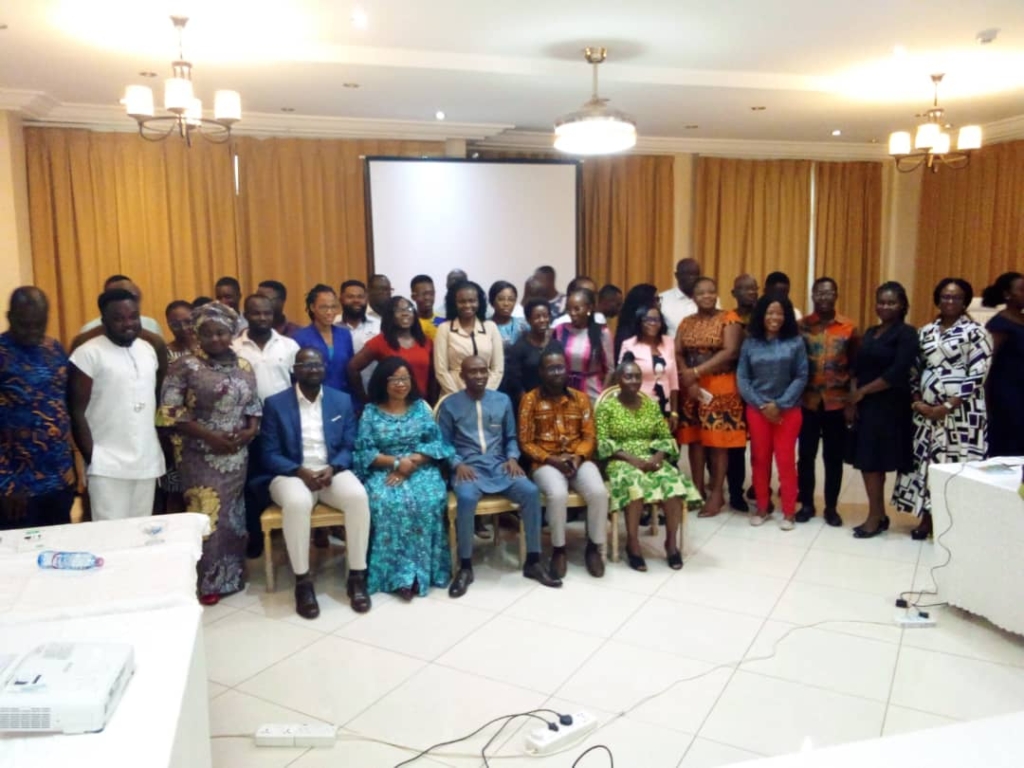
Malaria remains a significant public health challenge in Ghana, with the disease accounting for numerous illnesses and deaths annually. Despite progress in reducing malaria cases and deaths over the past decade, Dr Asiedu-Bekoe stressed that achieving zero malaria by 2030 requires an intensified and coordinated effort across all sectors of society.“Journalists are at the forefront of this battle,” he said. “Your stories can inspire communities to adopt preventive measures, seek timely treatment, and support government and NGO initiatives aimed at eliminating malaria.”
Dr Keziah Malm, Programmes Manager of the NMEP, echoed these sentiments, highlighting the successes achieved through past media collaborations. “We have seen how effective media campaigns can be in raising awareness and driving behaviour change,” she noted. “With your continued support, we can amplify our efforts and ensure that every Ghanaian understands their role in this fight.”
Participants at the workshop expressed their commitment to the cause, recognizing the power of their platforms to effect change. “As journalists, we have a responsibility to inform and educate our audiences on critical health issues,” said Ama Serwaa, a journalist from a leading national newspaper. “This workshop has equipped us with the knowledge to do just that, and I am motivated to contribute to this noble goal.”
The training workshop marks the beginning of a renewed partnership between the media and health sectors in Ghana, aiming to mobilize nationwide support for the malaria elimination campaign. As the country gears up to meet its 2030 target, the collaboration between the GHS, NMEP, and the media is set to play a pivotal role in the fight against malaria.
